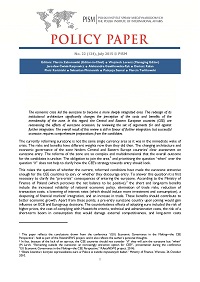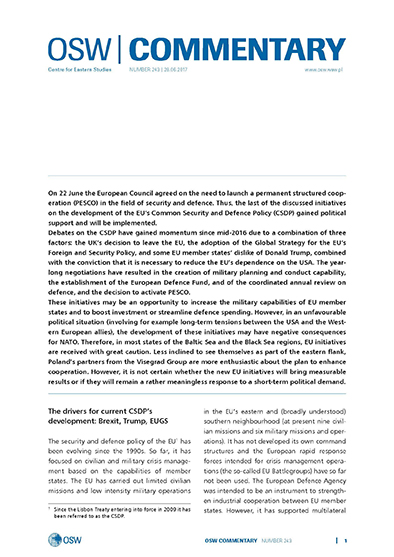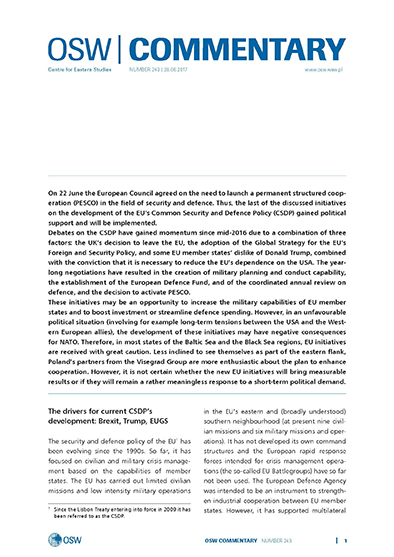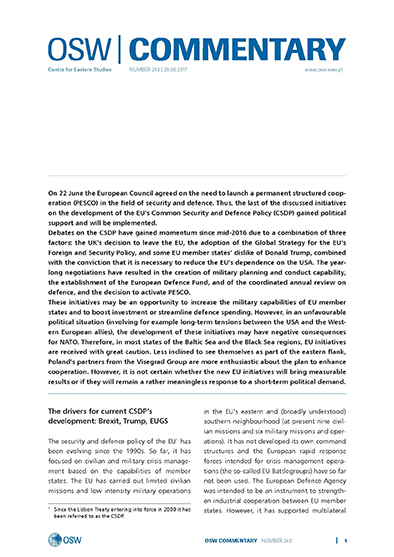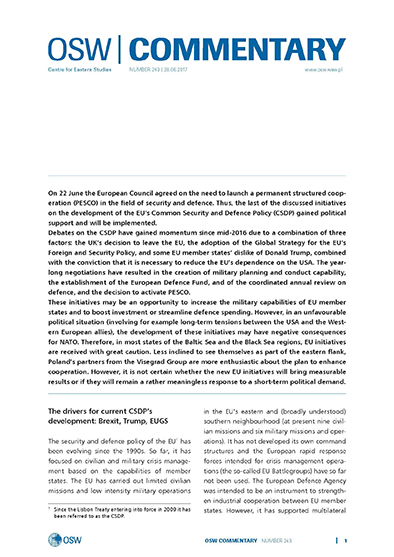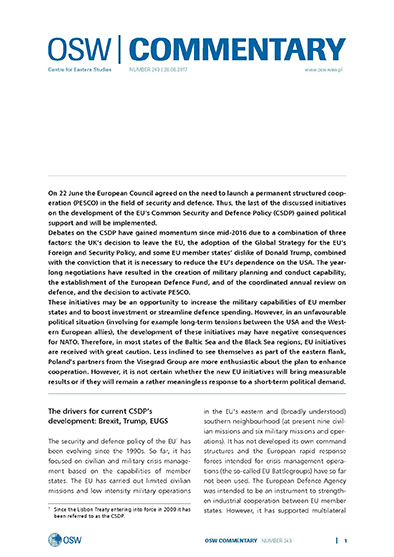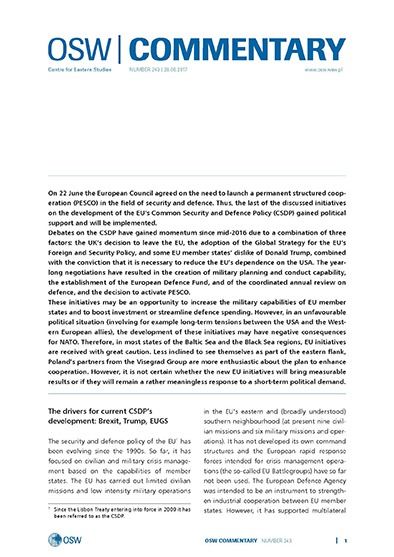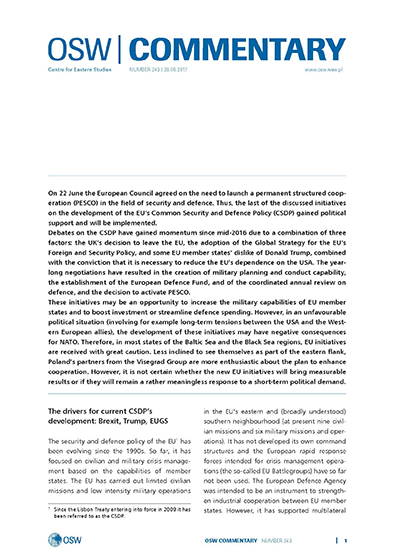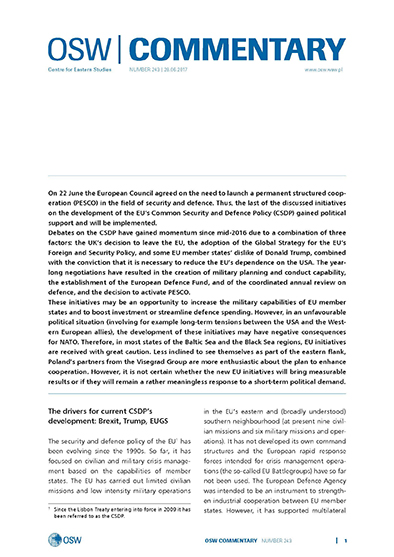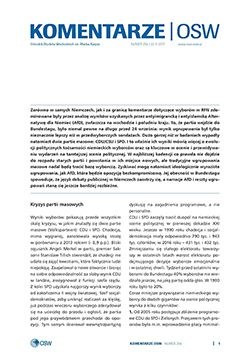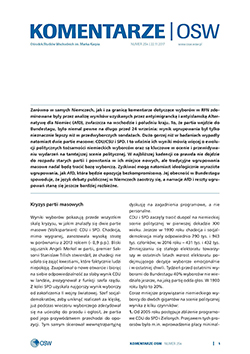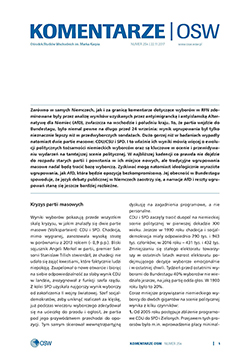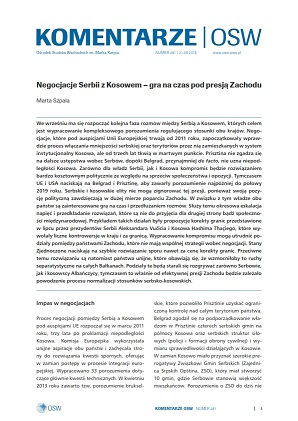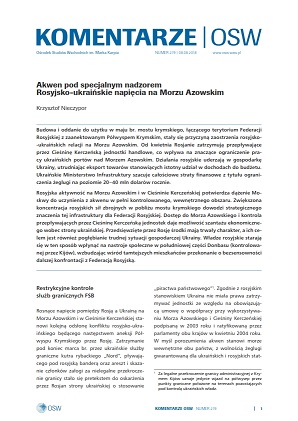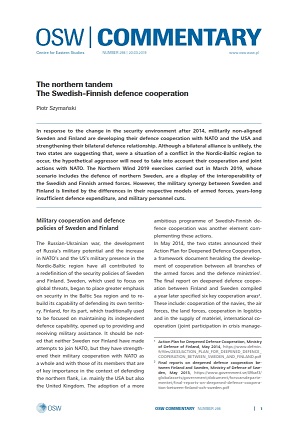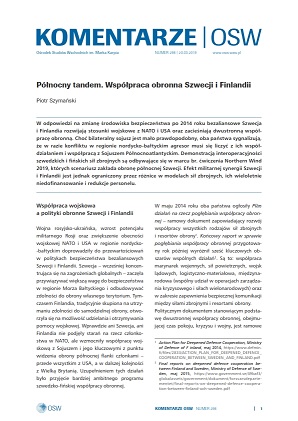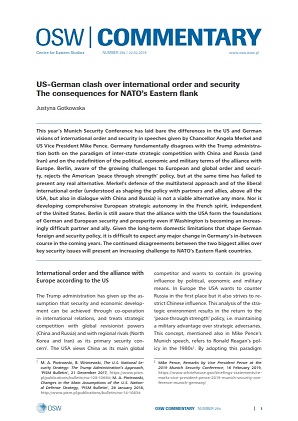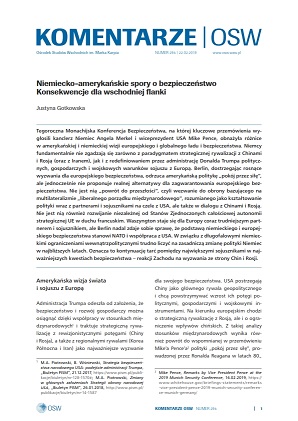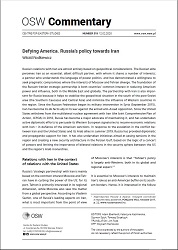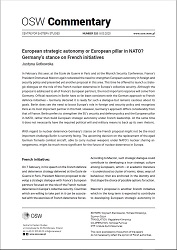Author(s): Yulia Abibok / Language(s): English
Four years since the unrecognized ‘republics’ in the east of Ukraine were declared, their future remains unclear. On the one hand, Ukraine, its western partners and the leadership of the Russian Federation continue to insist that these territories be returned to Kyiv’s control on the terms of the Minsk Agreements. On the other side, the self-proclaimed leaders of these ‘republics’, while also declaring their commitment to the Minsk Agreements, have publicly rejected any possibility of reunification with the rest of Ukraine1. As a result, the east of Ukraine remains in a condition of smouldering war.Four years since the unrecognized ‘republics’ in the east of Ukraine were declared, their future remains unclear. On the one hand, Ukraine, its western partners and the leadership of the Russian Federation continue to insist that these territories be returned to Kyiv’s control on the terms of the Minsk Agreements. On the other side, the self-proclaimed leaders of these ‘republics’, while also declaring their commitment to the Minsk Agreements, have publicly rejected any possibility of reunification with the rest of Ukraine1. As a result, the east of Ukraine remains in a condition of smouldering war.In this situation of uncertainty, the Luhansk and Donetsk ‘people’s republics’ are continuing to make efforts to legitimize and strengthen their ‘statehood’, most notably by means of a new historical policy. Both para-states are trying to revise the assessments of historical events which have been established during the years of Ukraine’s independence. Serious efforts are being made in the area of the ‘patriotic education’ of children, both in school and during extra-curricular activities; there are new ‘state’ holidays, cults, and a large-scale campaign honouring and perpetuating the memories of the new ‘rebel’ heroes and of civilians who have died at the hands of the Kyiv ’murderers’ is being conducted.Moreover the events of the war of 1941–5 are being reinterpreted, compared to the current military actions ‘against the fascists’. The new ‘state’ cult is being built on just such a parallel, which not only imparts significance to the current events, but also helps to contrast the ‘republics’ to today’s Ukraine. The intended effect of the DPR and LPR’s historical policies is the creation of a new Donbas community which is hostile towards ‘nationalist’ Ukraine.
More...
